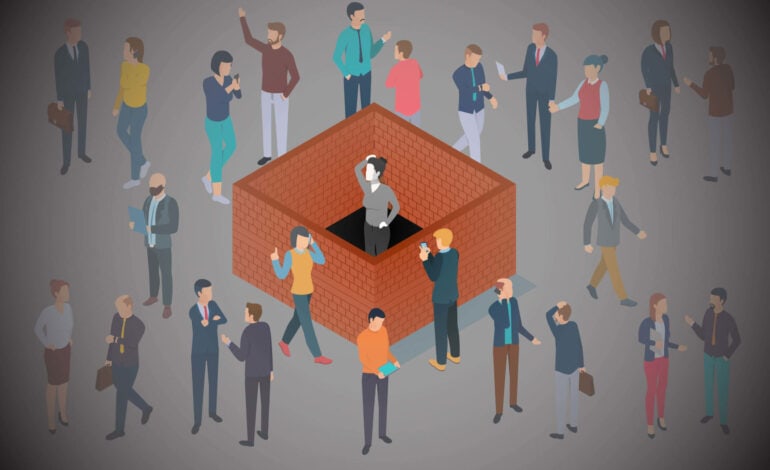Teenagers and adolescents are at an increased risk of developing mental health disorders. During this time period in their lives, they are going through a stressful transition. Navigating high school, balancing independence while still being raised by parents, the stress of college admissions and facing peer pressure can contribute to mental health disorders such as depression, anxiety, bipolar disorder, and generalized anxiety disorder. According to the National Alliance on Mental Illness (NAMI), approximately one in five, or 20% of teens 13-18 years of age will develop a severe mental health disorder. Additionally, 11% of adolescents have a mood disorder, 10% of teenagers have a behavior conduct disorder, and 8% of teens have an anxiety disorder.
Stress within the family unit is a known trigger for the development of these mental health disorders; however, the family unit is also a very important aspect of treatment for these mental health disorders in teenagers and adolescents. Studies have shown that with the right training and therapy, family members can play the role of co-therapists, provide a support system, and become advocates and teachers of new skills.
The Initial Assessment
Family members including parents and siblings play a major role in the mental and emotional development of adolescents. If you are a teenager struggling with a mental health disorder or if your teenage son or daughter is displaying signs or symptoms of a mental health disorder such as depression, anxiety, or bipolar disorder, it is important to be involved in their initial diagnosis and assessment. Depending on the severity of the mental health disorder, different levels of therapies be recommended.
A general intake or assessment will be performed at the beginning of treatment. During this initial assessment, it is important for family members to be present in order to give the therapist insight on their son or daughter. Most adolescents live with their parents and siblings, so these family members are often in the trenches with the affected loved one. They see the battles, emotional rollercoasters, and underlying triggers, and they can offer a lot of information to the therapist about what specifically their son or daughter is going through. They are “experts” in their own way.
Additionally, family members can be underlying triggers themselves. Studies have shown that divorce, emotional trauma, and control issues can lead to mental health disorders in adolescents. Codependence is another dynamic that can contribute to mental health disorders. If a parent or sibling is experiencing a mental health disorder or a substance abuse disorder, this can strongly influence the entire family, leading to unhealthy behaviors and even further mental health disorders.
Acute Therapy and Recovery
Family therapy during the treatment of mental health disorders in adolescents has been deemed successful in appropriate scenarios. Family members are not only important during the initial assessment phase, but can be as equally important during the treatment and recovery phase as well. It is important for family members to learn about positive reinforcement approaches, healthy coping skills, strategies to prevent underlying stressors in the family dynamic, and skills to promote good behavior and academic performance in school. Recovery takes time and patience. A positive family dynamic during this phase is vital for a successful recovery.
Co-occurring Disorders among Adolescents
Co-occurring disorders, formerly referred to as dual diagnosis, are two or more disorders occurring at the same time. Eating disorders such as anorexia nervosa can occur with depression, anxiety, bipolar disorder, or any type of substance abuse disorder. Studies have shown that adolescents who have the major depressive disorder are twice as likely to develop a substance abuse disorder. Additionally, incidence rates are also increased for developing eating disorders. Although it is difficult to determine which disorder presents first, the goal of treatment is to attend to each individual disorder simultaneously. If one disorder is left undiagnosed or untreated, it can oftentimes result in a relapse of the treated mental health or substance abuse disorder. Recovery can be a long process, and the individual will need support. Parents and siblings play a crucial role in the diagnosis, treatment, and recovery from co-occurring disorders.
24/7 ADMISSION HELPLINE 888-629-6707




